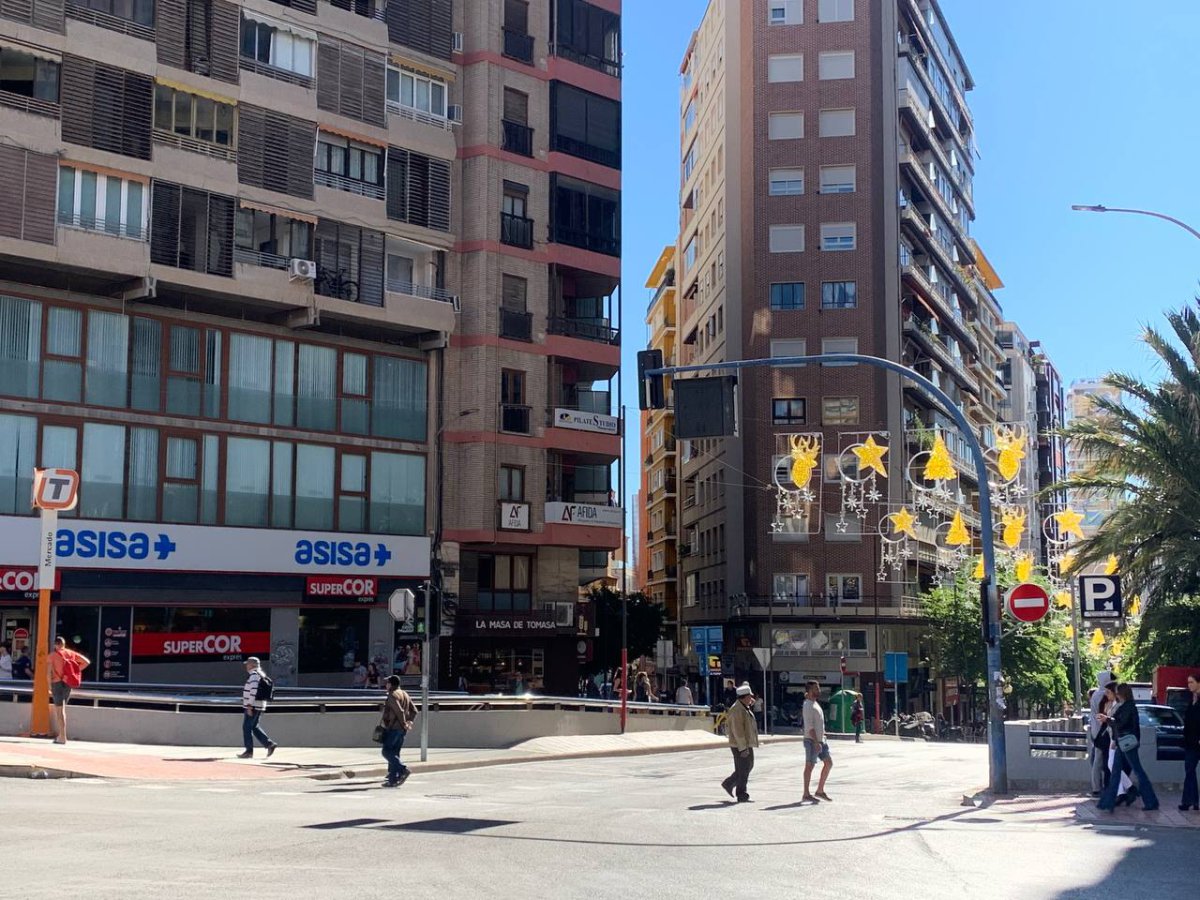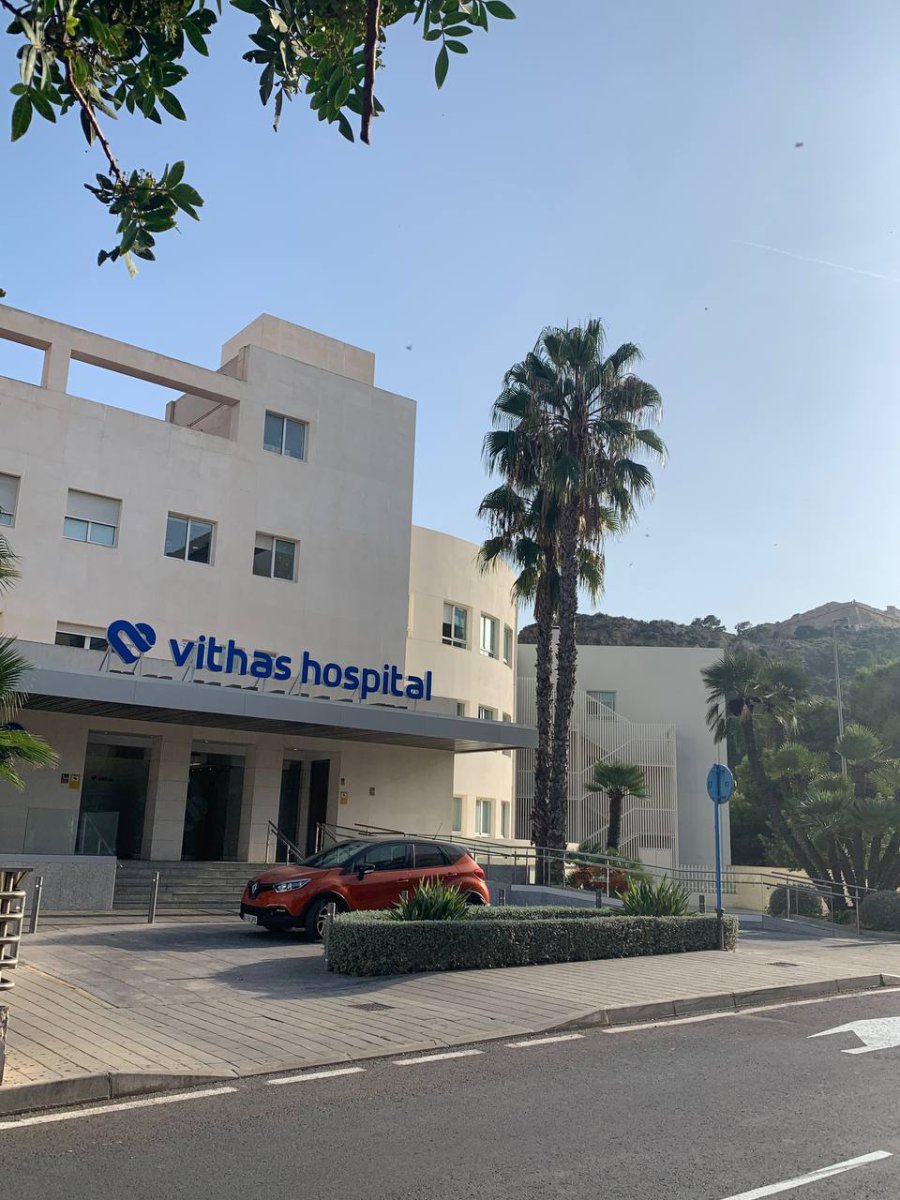Healthcare in Spain: What you need to know being a visitor or an expat in Spain
Spain is renowned for its vibrant culture, stunning landscapes, and delicious cuisine. But beyond its tourist attractions, Spain boasts a healthcare system that often stands as a benchmark for excellence. Whether you're planning a short visit or considering a move to this beautiful country, understanding its healthcare system is crucial. In this guide, we'll explore everything you need to know about healthcare in Spain, from its exemplary public system to options for private coverage. More detailed and other aspects of life in Spain, in particular in the Costa Blanca, are widely covered on the happylife.es blog
Spain: A Beacon of Health
Spain consistently ranks as one of the healthiest countries globally, and several factors contribute to this accolade. Firstly, the Mediterranean diet, rich in fruits, vegetables, olive oil, and fish, is a cornerstone of Spanish cuisine. This diet is associated with numerous health benefits, including a reduced risk of heart disease and improved longevity. Additionally, Spain enjoys a favorable climate, with plenty of sunshine year-round, promoting outdoor activities and a more active lifestyle.
Do You Need to Buy Healthcare Coverage?
As a visitor to Spain, you may wonder whether you need to purchase healthcare coverage. The answer depends on your nationality and the duration of your stay. Citizens of European Union (EU) and European Economic Area (EEA) countries, as well as Switzerland, can access Spain's public healthcare system with a European Health Insurance Card (EHIC) or its replacement, the European Health Insurance Card (EHIC). These cards entitle holders to receive necessary medical treatment during their stay in Spain under the same conditions as Spanish nationals.
However, for non-EU/EEA visitors and those planning an extended stay, obtaining private health insurance is advisable. This ensures access to comprehensive healthcare services and provides peace of mind in case of medical emergencies.
Application for State Healthcare
For expats residing in Spain, registering for state healthcare is a straightforward process. Those employed and making social security contributions automatically qualify for state healthcare coverage. Alternatively, retirees from EU/EEA countries can access healthcare by registering for a European Certificate of Registration (TIE) and demonstrating sufficient financial means to support themselves in Spain.
Benefits of Spanish Public Healthcare
- Comprehensive Coverage: The Spanish public healthcare system provides comprehensive coverage for a wide range of medical services. This includes consultations with general practitioners (GPs), specialist visits, hospital stays, surgeries, and preventive care. Whether you need routine check-ups or more complex treatments, the public system has you covered.
- Affordability: Public healthcare contributions are based on income, which ensures that everyone has access to essential medical services. Unlike some private insurance plans, public healthcare doesn’t discriminate based on pre-existing conditions or age. This affordability factor makes it an attractive option for both residents and expatriates.
- Specialized Care: Need to see a specialist? Spanish public healthcare allows you to access specialized care without additional costs. Whether you require a dermatologist, cardiologist, or any other specialist, you can schedule appointments through your GP. Diagnostic tests and follow-up visits are also part of the package.
- Emergency Services: In case of emergencies, public hospitals provide immediate care. Whether it’s an accident, sudden illness, or any urgent medical situation, you can rely on the public system to deliver prompt attention.
Drawbacks of Spanish Public Healthcare
Despite its many strengths, Spain's public healthcare system is not without its challenges. One common concern is waiting times for non-urgent medical procedures, which can be longer than desired due to high demand and limited resources. Additionally, while basic healthcare services are covered, certain treatments and medications may not be included under the public system, necessitating out-of-pocket expenses or supplementary private insurance.
Getting Private Healthcare Coverage in Spain
To supplement the public healthcare system or access additional services, many residents and expats opt for private health insurance in Spain. Private insurance offers several advantages, including shorter waiting times for appointments and procedures, access to a wider network of specialists and hospitals, and coverage for services not included in the public system.
When choosing private health insurance, it's essential to consider factors such as coverage limits, premiums, and exclusions. Some policies may also offer additional perks, such as coverage for dental care, alternative therapies, or international travel.
Private Health Insurance Providers in Spain
Several insurance companies offer private health insurance plans tailored to the needs of residents and expats in Spain. Among the leading providers are Sanitas, Adeslas, DKV Seguros, and Mapfre. These insurers offer a range of plans with varying levels of coverage and pricing to suit individual preferences and budgets. Before selecting a policy, it's advisable to compare different options carefully and consult with an insurance broker or agent to ensure you choose the most suitable coverage for your needs.

Emergency numbers and useful contact to remember
- General Emergency: Dial 112. This universal emergency number covers police, ambulance, fire services, and coastguard services across Spain and all other European Union countries. The call to 112 is toll-free and available 24/7, even without a SIM card12.
- Health Emergencies: For medical assistance or ambulance services, dial 06132.
- National Police: In case of reporting an assault or crime, dial 0913.
- Local (Municipal) Police: For local police assistance, dial 0924.
- Cruz Roja (Spanish Red Cross): Contact the Red Cross at 222-2224.
- Fire Department: In case of fire emergencies, dial 085
In conclusion, navigating healthcare in Spain requires an understanding of its public and private systems, as well as consideration of individual circumstances and preferences. Whether you're a short-term visitor or a long-term resident, access to quality healthcare is essential for peace of mind and well-being. By familiarizing yourself with the options available and taking proactive steps to secure appropriate coverage, you can enjoy all that Spain has to offer with confidence in your healthcare provision.




